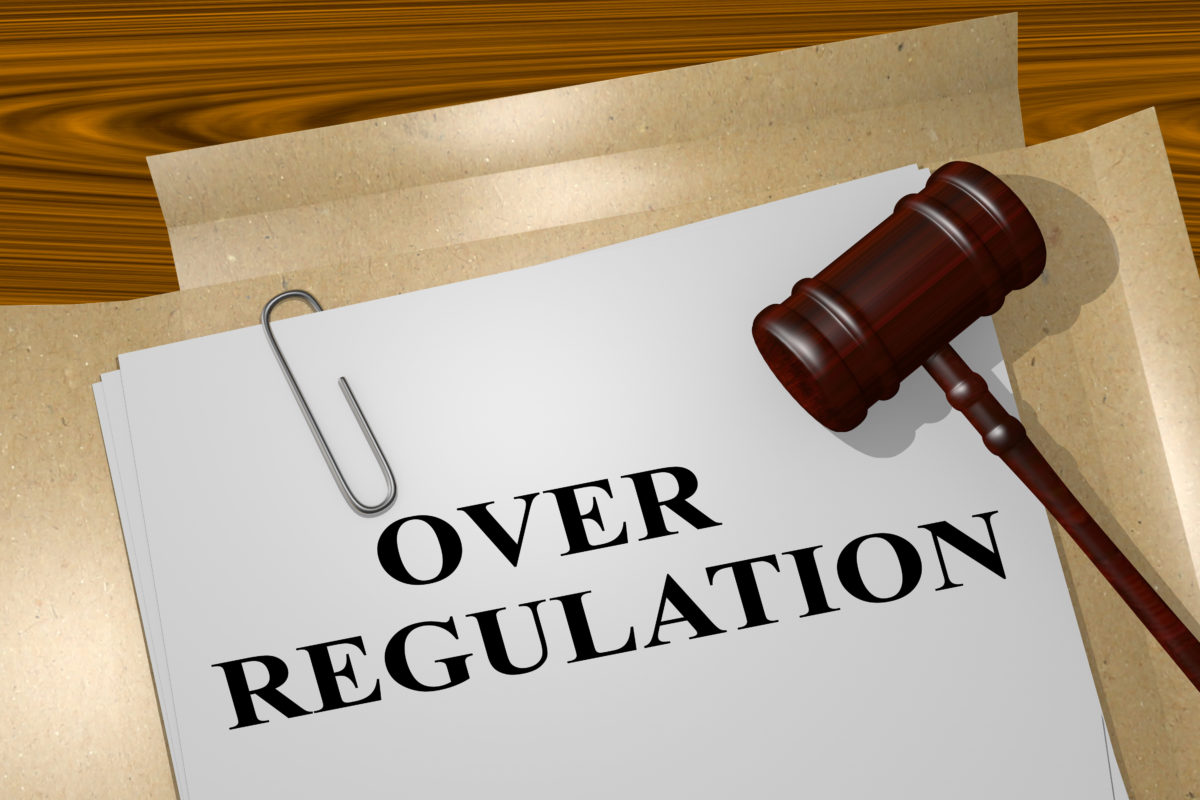The Bottom Line Education Must Be Run Locally
The word education does not occur in the U.S. Constitution—a clear indication that the federal government has no business meddling with education policy. Furthermore, though often ignored, the Tenth Amendment clearly limits the scope of federal power: “The powers not delegated to the United States by the Constitution, nor prohibited by it to the States, are reserved to the States respectively, or to the people.”
Listening to the current crop of presidential candidates, however, one would draw the conclusion that the federal government, and not the states, bear the primary educational responsibility. In addition, one notes that 70% of the participants attended private schools or sent their own kids to private schools even as they fight against school choice for others. That includes Elizabeth Warren, Joe Biden, Tom Steyer, Tulsi Gabbard, Andrew Yang, and Pete Buttigieg.
Their actions prove these candidates are running on a hypocritical platform. They seek to impose a one-size-fits-all model of schooling while also eliminating school choice. Yet they and their families attend a private school of their choice.
There are several problems with the top-down approach to education that are intrinsic to federal government control.
First, federal control and oversight tends to also eliminate school choice.
Second, a one-size-fits-all approach does not recognize the diversity of educational needs among children of different states, cities, and communities.
Third, the system tends to perpetuate mediocrity and discourage innovation.
As the “Prince of Paradox” G.K. Chesterton once said, “the more a man looks at a thing the less he can see it, and the more a man learns a thing the less he knows it. The Fabian argument of the expert, that the man who is trained should be the man who is trusted would be absolutely unanswerable if it were really true that the man who studied a thing and practiced it every day went on seeing more and more of its significance. But he does not. He goes on seeing less and less of its significance.” In this case, the federal government is the so-called Fabian expert. Yet it is families, not the government, that see the significance of educational choice.
Giving students the chance to attend a school of their choice is long overdue. This is especially true for low income and students of color. These groups have been systemically under served by traditional government-run schools. Don Nielsen, program chair to ACTE pushes the envelope further: “Until we are able to deregulate our public schools, it makes sense to continue to push for choice, vouchers, and charters…However, we need to recognize that the solution to our education crisis lies in improving our public schools, rather than adopting ideas that merely skirt the problem.”


